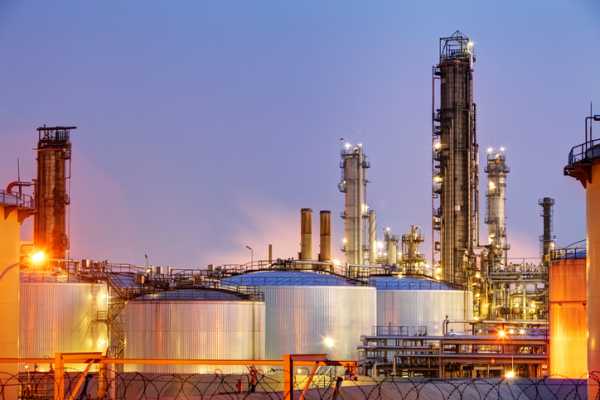Keeping an eye on the costs of raw materials has to be at the forefront of our minds at Atlante. When the prices of raw materials fluctuate we're conscious that this has a knock-on effect.
Natural gas is a fossil fuel that is primarily used as a fuel source for heating and electricity generation. However, it is also used as a raw material in the production of certain chemicals, such as ammonia, methanol, and ethylene. These chemicals are then used to manufacture a wide range of consumer goods, including plastics, fertilizers, and textiles.
The cost of natural gas as a raw material can have a significant impact on the cost of Fast-Moving Consumer Goods (FMCG) that rely on these chemicals in their production. When the price of natural gas rises, so too does the cost of producing these chemicals, which can lead to higher prices for the end consumer.
For example, if the cost of natural gas rises, the cost of producing plastic bottles used for packaging FMCG products will increase. The same goes for fertilizers used in agriculture to grow crops, which can ultimately result in higher prices for food products.
In addition to the direct impact on the cost of production, the cost of natural gas can also affect the transportation and distribution of FMCG goods. For instance, if the price of natural gas rises, the cost of transporting goods by truck or rail may increase, which can lead to higher prices for consumers.
Overall, the cost of natural gas as a raw material can have a significant impact on the cost of FMCG goods. Therefore, any fluctuations in the price of natural gas can ultimately affect the consumer's wallet.
